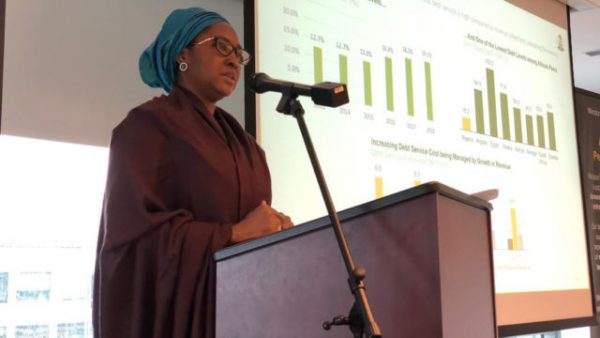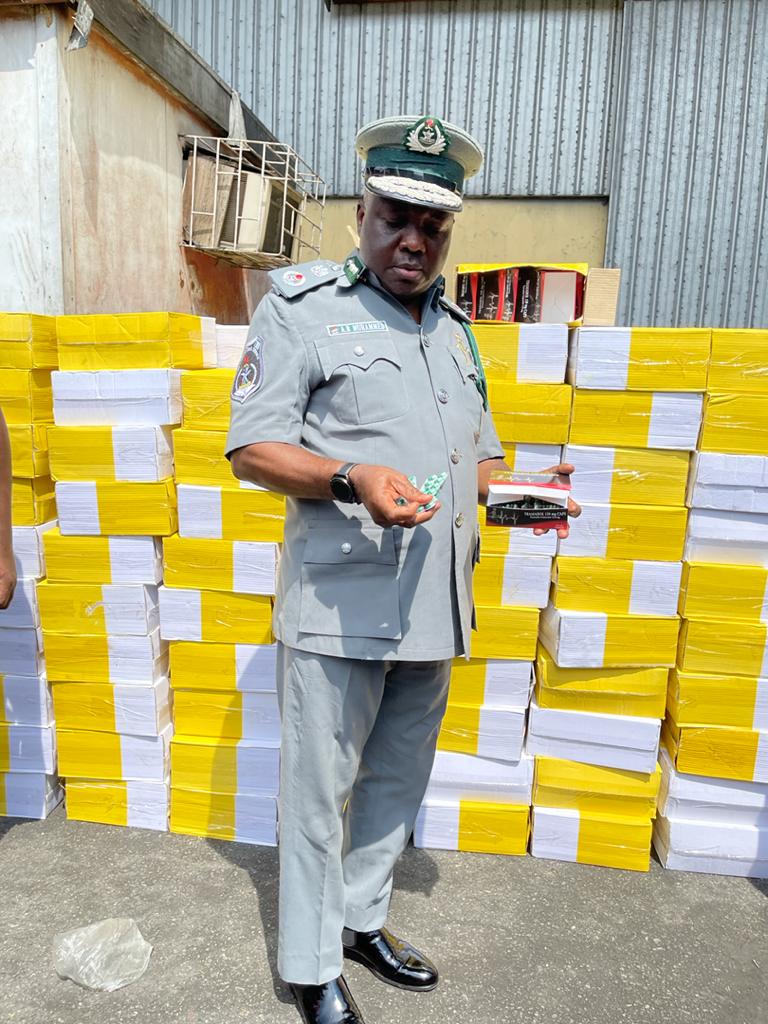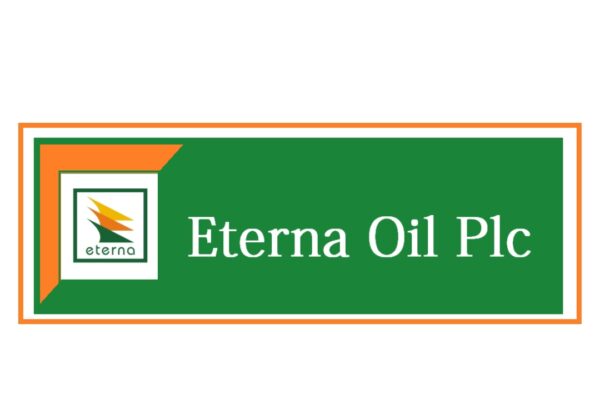
By Kenneth Jukpor
The Department of Petroleum Resources (DPR) has admitted its inefficiency in procedures for licensing tank farm facilities in Lagos State, a problem which has led to the multiplicity of tank farms in business and residential areas like; Ajegunle, Apapa and Ijegun – Satellite town.
Despite the location of these facilities posing an impending disaster to the residents in such environment, DPR has continued to churn out licenses for new tank farms in the respective areas.
Mr. Kingston Chikwendu who was representing DPR’s Legal Adviser, Dr. Joseph Tolorunse admitted this while responding to questions from our correspondent at the just concluded 12th Oil Trading & Logistics (OTL) Downstream week in Lagos.
Chikwendu said: “I will admit that over time we have seen situations where facilities tend to come up within a particular cluster and DPR is looking at its rules with a view to tightening them a bit to make sure this doesn’t continue to happen”
Meanwhile, he noted that DPR’s role in the approvals for the establishment of tank farms was limited to giving the site approvals to construct and to operate those facilities.
“Other organizations also play roles in the entire process as the Lagos State Government, Nigerian Police, Ministry of Environment and several other agencies work together in the process” he said.
He blamed the weak regulatory background for the challenges which led to indiscriminate licensing of tank farms and expressed optimism that the Petroleum Industry Governance Bill (PIGB) would solve the problem when it is passed into law.
However, a source who is an Environmental management expert at DPR, recently told our correspondent that the ideal practice in the establishment of tank farms is to have them located in areas that weren’t occupied by residents but he lamented that the business opportunities of these facilities attracted residents to the locations.
He asserted that the tank farms in Apapa, Ajegunle and Ijegun predated the inhabitants at those locations, arguing that DPR couldn’t stop communities from migrating to those locations after the facilities have been established.
However, this assertion contradicts the reality of tank farm development in Ajegunle and Satellite town as the locations were already occupied by residents for decades before the tank farm projects were developed.
“Today we are faced with a dilemma with the decision to relocate the tank farms or the host communities. You can’t just move people from their residents and relocating these tank farm projects is also a challenge” he said.
The source who is also a specialist in Process Safety and Risk Assessments, noted DPR ensures that adequate firewalls and firebricks are used in tank farms operating the country to curb the effects of possible fire disasters.
Another legal expert at DPR who pleaded anonymity told MMS Plus that the approvals for these facilities were given to the operators as the environmental impact assessment (EIA) was overruled by the influence of the facility owners who were either top politicians or their cronies.
This explains maritime stakeholders’ plight that DPR wasn’t adhering to the tenets of the environmental impact assessment (EIA) which ought to be done before tank farms are located in an environment.







